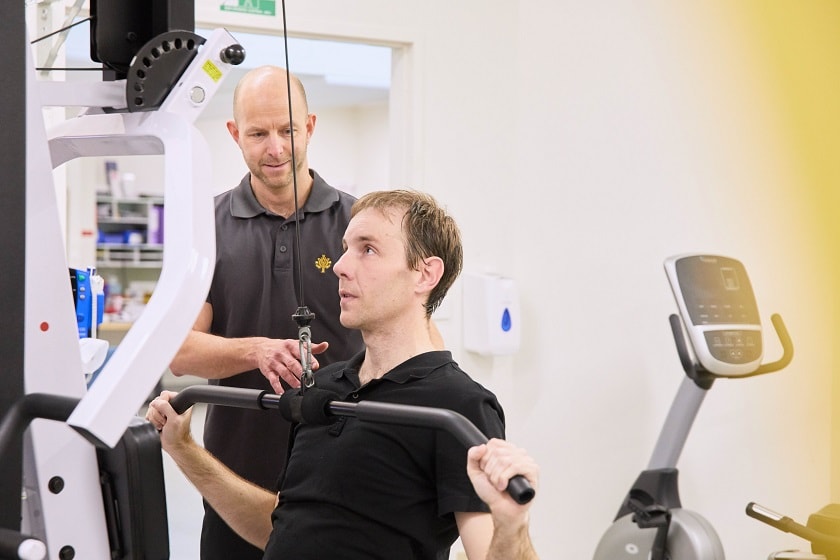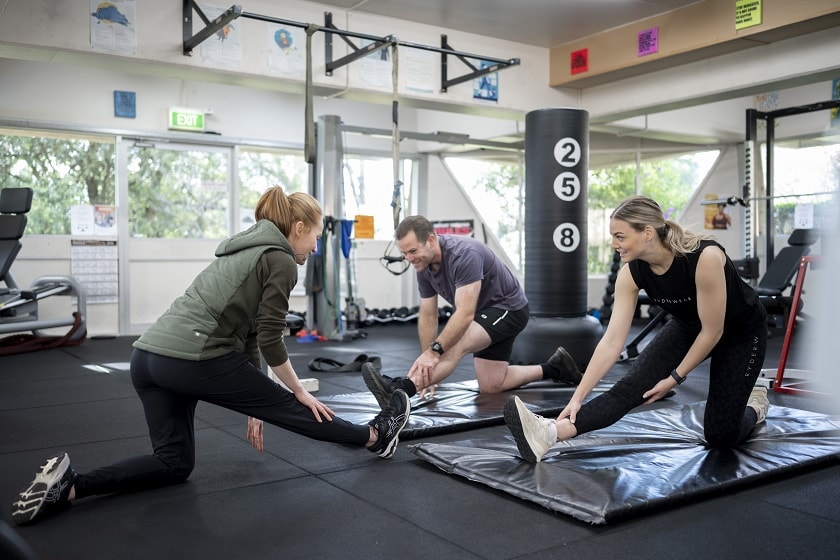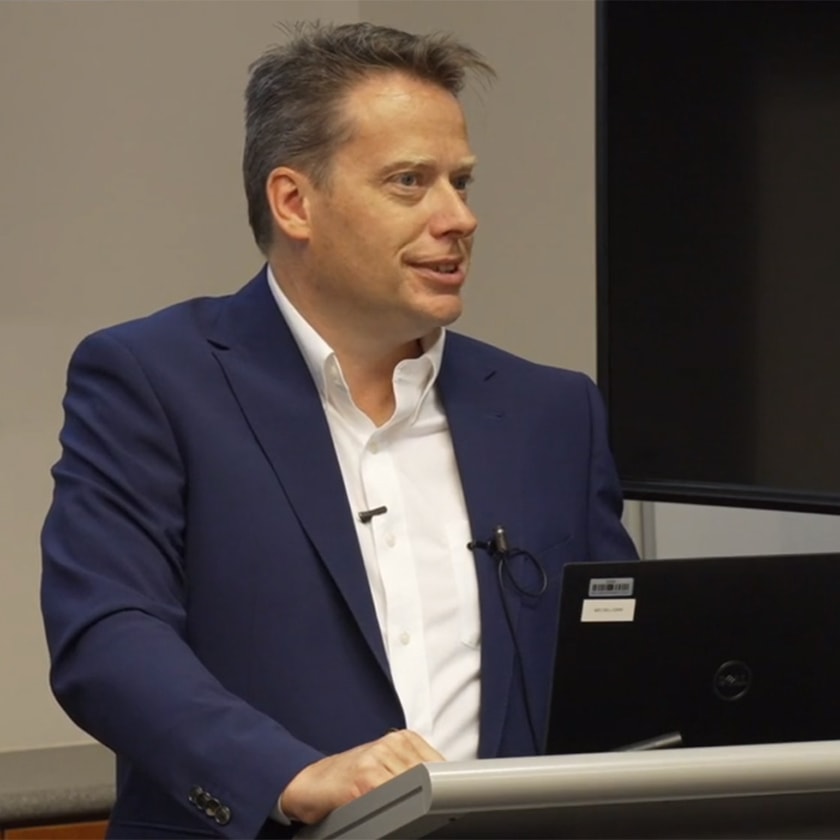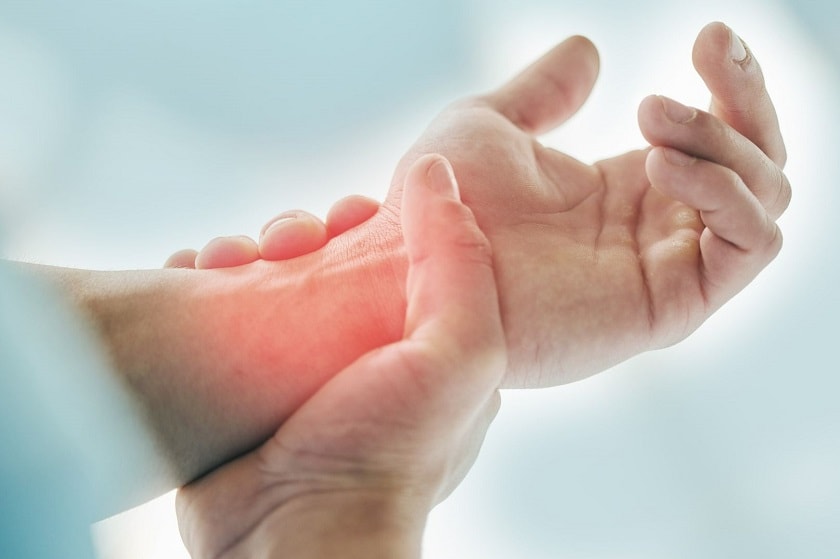There is a growing body of research showing the links between physical and mental health.
When you are physically well and living an active lifestyle, your emotional wellbeing benefits. Similarly, when you are feeling well you are more likely to engage in physical activity and get involved in your community.
However we know that if you are physically injured and/or experiencing pain the opposite occurs. You can become fearful of moving, not engage in healthy lifestyle activities and your mental health can take a hit.
Why is exercise so important to mental health?
Exercise benefits you in many different ways, including:
- releasing endorphins, dopamine and serotonin (the feel good chemicals)
- helps manage anxiety and depression
- improves quality of life
- improves your sleep quality
- increase vitamin D by getting outdoors, and soaking in the sunlight and fresh air
- making you more social as many exercises are done as group activities
- helps break the fear and negative feedback between pain and movement.
When you are in pain or injured you may avoid exercise
It is not surprising that when you are in pain or are injured you reduce or stop your regular exercise and activities in the hope that you avoid further pain or injury.
Unfortunately, when you avoid exercise you also lose the benefits that exercise can bring to you. This can also increase the fear about exacerbating the pain when you want to start engaging in physical activity again.
This often happens with orthopaedic conditions as pain affecting your joints and bones can be exacerbated by exercise. But can also be impacted when you become highly anxious, depressed and or stressed.
Get help early to avoid your mental health taking a hit
Movement is key. It is important to reintegrate movement back into your daily activities. This will in turn assist with pain management and can improve quality of life.
If your injury or pain is stopping you doing exercise and activities you love, seek assistance from a professional on how to manage the injury or pain. Get help early and visit your doctor, exercise physiologist, physiotherapist, chiropractor or osteopath who can recommend a rehabilitation program.
If your doctor suggests that surgery can help, you may be referred to see an orthopaedic surgeon for specialist assessment.
By participating in graded activities within the pain threshold and that don’t exacerbate the symptoms you can regain confidence, improve your mental status and aid with safe movement.









